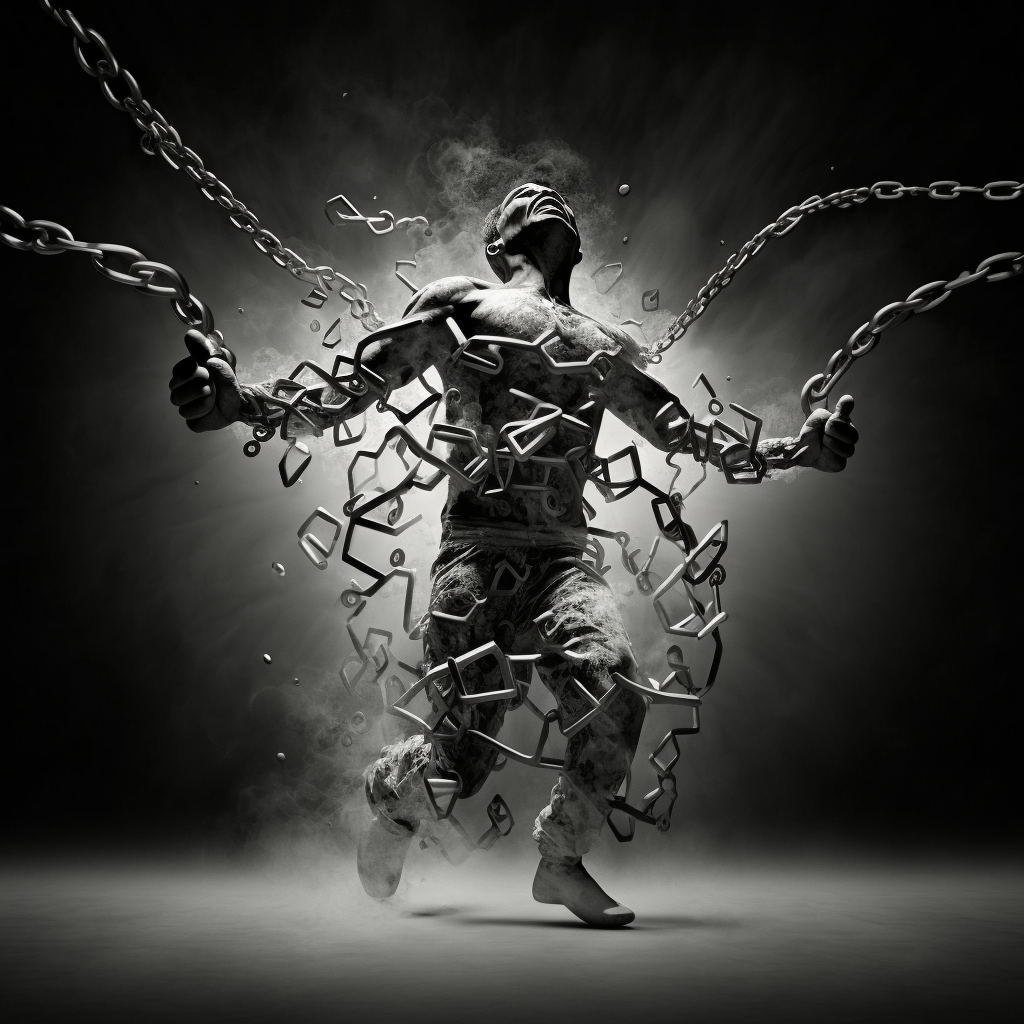Addiction is a complex condition that affects millions of people worldwide. It is characterized by the compulsive use of drugs or other substances, despite the harmful consequences that come with it. Addiction can have a severe impact on a person’s physical, emotional, and mental health, as well as their relationships and overall quality of life. In this article, we will explore the causes and treatment of addiction.
What Causes Addiction?
Addiction is a multi-faceted condition, and there are several factors that can contribute to its development. These factors can include genetic, environmental, and psychological factors. Let’s take a closer look at each of these factors.
Genetic Factors: Studies have shown that addiction can run in families, indicating a genetic component to the condition. Certain genes can increase a person’s risk of developing addiction, particularly if they are exposed to drugs or alcohol early in life. However, genetics alone do not determine whether or not someone will develop addiction.
Environmental Factors: Environmental factors can also play a role in addiction. These factors can include things like peer pressure, exposure to drugs or alcohol at an early age, and stressful life events. People who grow up in environments where substance abuse is common may be more likely to develop addiction.
Psychological Factors: Finally, psychological factors can also contribute to addiction. People who struggle with mental health conditions like depression or anxiety may be more likely to turn to drugs or alcohol as a way of coping with their symptoms. Additionally, people who have experienced trauma or abuse may be more likely to develop addiction.
Treatment for Addiction
Fortunately, addiction is a treatable condition. There are many different approaches to treating addiction, and what works best for one person may not work for another. However, some of the most common forms of treatment include:
- Detoxification: Detoxification is the process of removing the drugs or alcohol from a person’s system. This can be done in a variety of ways, depending on the severity of the addiction. In some cases, medications may be used to help ease the withdrawal symptoms.
- Behavioral Therapies: Behavioral therapies are designed to help people identify and change the behaviors that contribute to their addiction. These therapies can include individual counseling, group therapy, and family therapy.
- Medications: There are several medications that can be used to treat addiction. These medications can help reduce cravings for drugs or alcohol and make it easier for people to stay sober. However, medications should always be used in combination with other forms of treatment.
- Support Groups: Support groups like Alcoholics Anonymous or Narcotics Anonymous can be a helpful resource for people who are in recovery from addiction. These groups provide a safe and supportive environment where people can share their experiences and find encouragement from others who are going through similar struggles.
Preventing Addiction
While addiction can be a difficult condition to treat, prevention is always the best approach. There are several steps that can be taken to prevent addiction from developing in the first place. Some of these steps include:
- Education: Education is key when it comes to preventing addiction. By teaching people about the risks and consequences of substance abuse, we can help them make informed decisions about their behavior.
- Support: Building strong relationships and support networks can help protect people from developing addiction. By creating a supportive environment, people are less likely to turn to drugs or alcohol as a coping mechanism.
- Healthy Coping Mechanisms: Encouraging healthy coping mechanisms can also help prevent addiction. This can include things like exercise, meditation, or spending time with loved ones.
- Limiting Access: Finally, limiting access to drugs or alcohol can help prevent addiction. This can include things like properly storing prescription medications, avoiding situations where drugs or alcohol are present, and encouraging responsible alcohol consumption.
Conclusion
Addiction is a complex condition that can have a severe impact on a person’s life. While there are several factors that can contribute to addiction, it is a treatable condition. Through a combination of detoxification, behavioral therapies, medications, and support groups, people can overcome addiction and live healthy, fulfilling lives. Additionally, by taking steps to prevent addiction from developing in the first place, we can help protect ourselves and our loved ones from this devastating condition.
